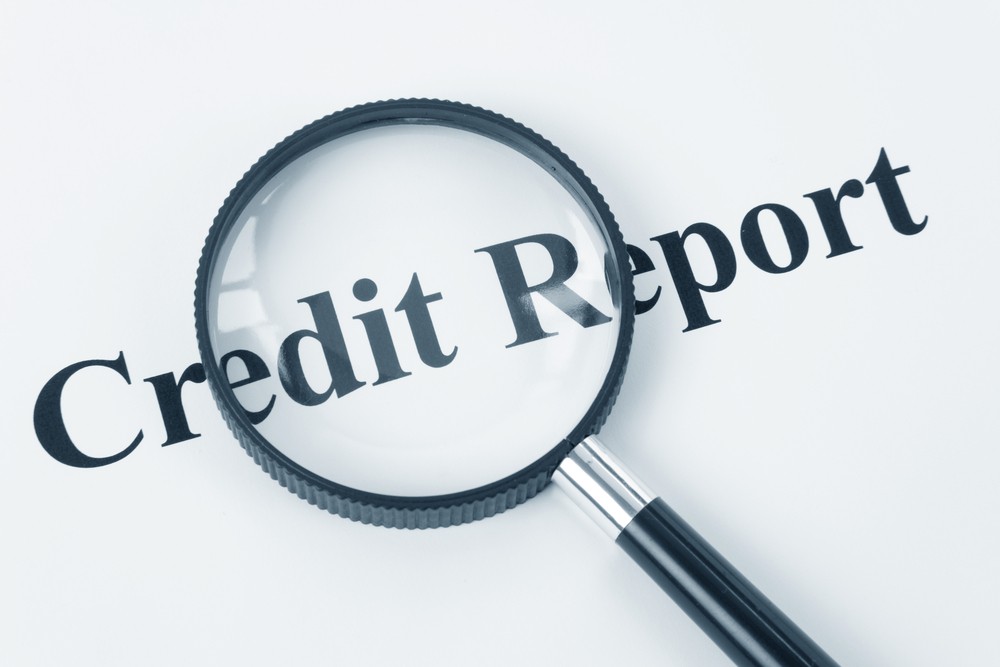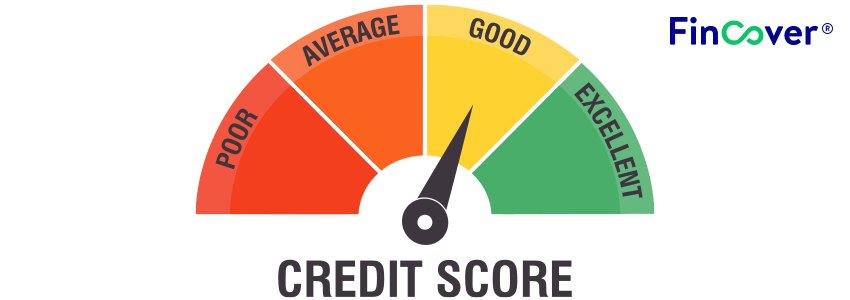Your credit score plays a critical role in your financial life, influencing your ability to secure loans, obtain favorable interest rates, and even land certain jobs. However, numerous myths and misconceptions about credit scores can lead to confusion and poor financial decisions. In this comprehensive guide, we’ll debunk common credit score myths and provide actionable insights to help you improve your financial health. By understanding the truth behind these myths, you can make informed choices and take control of your credit journey.
What is a Credit Score?
A credit score is a numerical representation of your creditworthiness, calculated based on your credit history. The most commonly used credit scoring model is the FICO score, which ranges from 300 to 850. Your credit score is influenced by factors such as payment history, amounts owed, length of credit history, new credit, and types of credit used.
Common Credit Score Myths
Myth 1: Checking Your Credit Score Lowers It
The Truth: Checking your own credit score is considered a “soft inquiry” and does not affect your credit score. In fact, regularly monitoring your credit score is a good financial habit that can help you catch errors or signs of identity theft early.
Actionable Tip: Use free credit monitoring tools offered by many credit card issuers and financial institutions to keep track of your credit score without impacting it.
Myth 2: Closing Old Accounts Will Improve Your Score
The Truth: Closing old credit accounts can actually hurt your credit score. When you close an account, you reduce your total available credit, which can increase your credit utilization ratio. Additionally, closing older accounts can shorten your credit history, negatively impacting your score.
Actionable Tip: Keep old accounts open, especially if they have no annual fees and positive payment history. This helps maintain a longer credit history and a lower credit utilization ratio.
Myth 3: You Only Have One Credit Score
The Truth: You have multiple credit scores, not just one. Different credit bureaus (Equifax, Experian, and TransUnion) and scoring models (FICO, VantageScore) may calculate your score differently based on the information they have.
Actionable Tip: Check your credit reports from all three major credit bureaus annually for free at AnnualCreditReport.com. This helps you get a comprehensive view of your credit standing.
Myth 4: Paying Off Debt Removes It from Your Credit Report
The Truth: Paying off debt does not remove it from your credit report. Positive information, like timely payments, can stay on your report for up to 10 years, while negative information, like late payments, can remain for up to seven years.
Actionable Tip: Focus on making timely payments and reducing outstanding balances. Over time, your positive credit behavior will outweigh negative marks on your credit report.
Myth 5: You Need to Carry a Balance to Build Credit
The Truth: You do not need to carry a balance on your credit cards to build credit. Paying off your balance in full each month is the best way to use credit cards responsibly and build a strong credit history.
Actionable Tip: Use your credit cards for regular, manageable expenses and pay off the balance in full each month to avoid interest charges and build a positive credit history.
Myth 6: Opening Multiple Credit Cards Quickly Will Boost Your Score
The Truth: Opening multiple credit cards in a short period can actually lower your credit score. Each new credit application results in a hard inquiry, which can temporarily reduce your score. Additionally, opening several new accounts can lower the average age of your credit history.
Actionable Tip: Be strategic about applying for new credit. Only apply for new credit cards when necessary and space out applications to minimize the impact on your credit score.
Myth 7: Income Affects Your Credit Score
The Truth: Your income does not directly affect your credit score. Credit scores are based on your credit behavior, such as payment history and credit utilization, not your income level.
Actionable Tip: Regardless of your income, focus on maintaining good credit habits, such as making timely payments and keeping credit card balances low, to build a strong credit score.
Myth 8: Co-Signing a Loan Won’t Affect Your Credit
The Truth: When you co-sign a loan, you are equally responsible for the debt. Any missed payments or defaults will appear on both the primary borrower’s and the co-signer’s credit reports, potentially harming both credit scores.
Actionable Tip: Be cautious about co-signing loans. Ensure that the primary borrower is reliable and has the means to repay the loan to protect your credit score.
Myth 9: Using Debit Cards Helps Build Credit
The Truth: Debit card usage does not impact your credit score because it does not involve borrowing money. Credit scores are based on credit behavior, such as how you manage loans and credit cards.
Actionable Tip: To build credit, use credit cards responsibly and pay off the balance in full each month. Consider using a secured credit card if you’re just starting to build credit.
Myth 10: Bankruptcy Will Ruin Your Credit Forever
The Truth: While bankruptcy has a significant negative impact on your credit score, it does not ruin your credit forever. Bankruptcy remains on your credit report for up to 10 years, but you can begin rebuilding your credit immediately by adopting good credit habits.
Actionable Tip: After bankruptcy, focus on rebuilding your credit by obtaining a secured credit card, making timely payments, and keeping credit utilization low. Over time, your credit score will improve.
Strategies to Improve Your Credit Score
- Make Timely Payments
Your payment history is the most significant factor affecting your credit score. Always make your payments on time to build a positive credit history.
- Keep Credit Utilization Low
Aim to keep your credit utilization ratio below 30%. This means using less than 30% of your available credit. Lowering your utilization can quickly boost your credit score.
- Diversify Your Credit Mix
Having a mix of different types of credit, such as credit cards, mortgages, and installment loans, can positively impact your credit score. However, only take on new credit if you can manage it responsibly.
- Limit Hard Inquiries
Too many hard inquiries in a short period can lower your credit score. Only apply for new credit when necessary and space out applications.
- Correct Errors on Your Credit Report
Regularly review your credit reports for errors and dispute any inaccuracies with the credit bureaus. Correcting errors can improve your credit score.
- Build a Long Credit History
The length of your credit history affects your credit score. Keep older accounts open and maintain a good payment history to benefit from a longer credit history.
- Use a Secured Credit Card
If you have no or poor credit, consider using a secured credit card to build or rebuild your credit. Make small purchases and pay off the balance in full each month.
- Pay Down Debt
Reducing your overall debt can improve your credit score. Focus on paying down high-interest debt first and work towards becoming debt-free.
FAQs
- How long does it take to improve my credit score?
The time it takes to improve your credit score depends on your specific financial situation. Positive changes, such as paying down debt or correcting errors, can lead to noticeable improvements in a few months. Consistently maintaining good credit habits will yield more significant results over time.
- Can I improve my credit score without a credit card?
Yes, you can improve your credit score without a credit card by making timely payments on other types of credit, such as loans or mortgages. Additionally, using credit-builder loans or becoming an authorized user on someone else’s credit card can help build credit.
- Will paying off a collection account improve my credit score?
Paying off a collection account will not remove it from your credit report, but it can improve your credit score by reducing the amount of outstanding debt and showing future lenders that you are taking responsibility for your debts.
- How often should I check my credit report?
It’s recommended to check your credit report at least once a year from all three major credit bureaus (Equifax, Experian, and TransUnion) to ensure accuracy and catch any errors or signs of identity theft early.
- Can I negotiate with creditors to remove negative information from my credit report?
In some cases, you can negotiate with creditors to remove negative information from your credit report, especially if the information is inaccurate or if you settle the debt. This is known as a “pay-for-delete” agreement. Always get any agreement in writing before making a payment.
Conclusion
Understanding the truth behind common credit score myths is crucial for making informed financial decisions. By debunking these misconceptions and adopting healthy credit habits, you can improve your credit score and enhance your financial health. Regularly monitor your credit, make timely payments, keep credit utilization low, and correct errors on your credit report to achieve a strong credit score. With a solid credit score, you’ll have access to better financial opportunities and greater peace of mind.


















